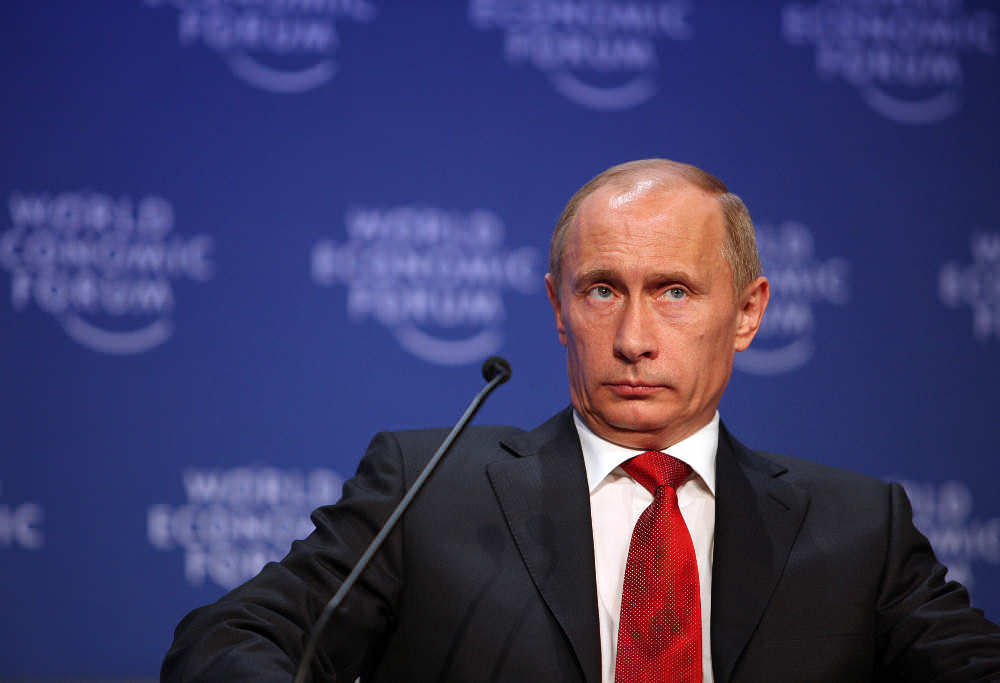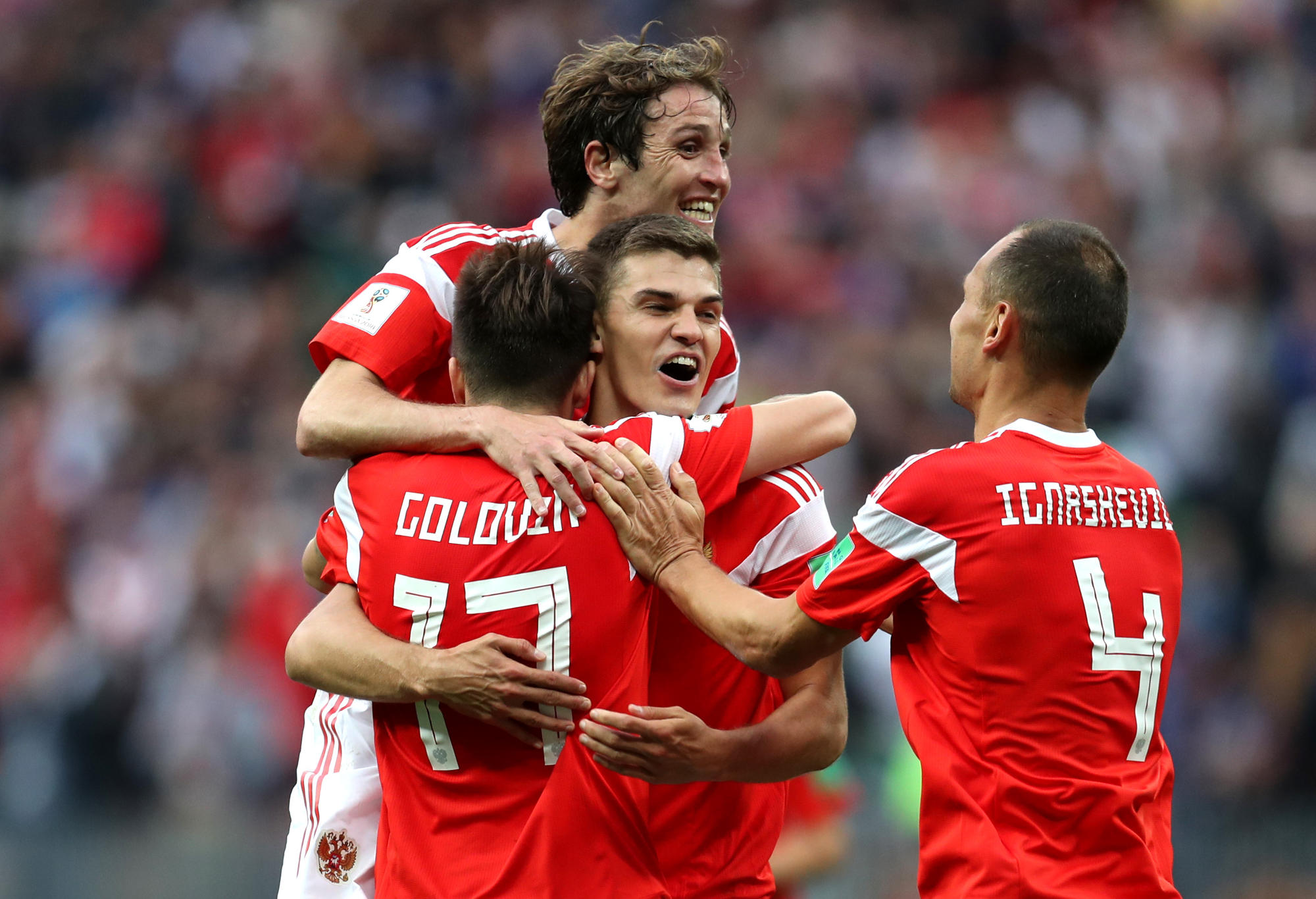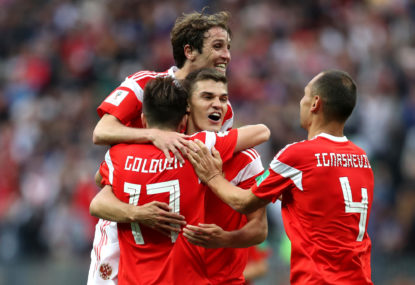Growing up, the USSR was always a peculiar thing. My earliest memories of the vast expanse to the north east of the patchwork quilt that is mainland Europe, are of the games of the XXII Olympiad in Moscow.
Sourcing information mostly from radio broadcasts at the time, I followed the fortunes of an Australian contingent that battled its way to a total of nine medals against the might of the home nation and the drug fueled East Germans; to be exposed later for systematic doping.
Only 80 nations competed with 66 boycotting the event due to Russia’s invasion of Afghanistan. Many individuals from competing countries, including Australia, also chose to stay away.
As an eight year-old it didn’t mean that much. Having it explained to me in layman’s terms merely cemented a stereotypical perception of the country; a strangely aloof and secretive place, with a pointed dislike and mistrust of the United States of America.
Of course, the Russians returned serve four years later with their own boycott of Los Angeles’ turn to host the summer games. Neither nation probably realised just how close they were to a potential extinguishing of the final embers of the Cold War that had existed between the two. Political upheaval was nigh.

Vladimir Putin
The Eastern powers were to fall. Germany was reinvented after the crumbling of the Berlin Wall in November 1989 and the USSR had become financially unviable and domestically unstable. The nation we now know as Russia was formed in December 1991; altering the geo-political future of Europe indefinitely.
It’s withdrawal from a powerful union of socialist states to what is now labelled a semi-presidential constitutional republic presented immense challenges. Ethnic tensions have elevated to conflict at numerous times, as groups have fought for their own languages, religions and cultures.
The current impasse between Russia and Ukraine has its modern origins in those early years of independence, with gas lines, nuclear weapons and geo-political influence being three considerable sticking points.
Despite Russia increasingly engaging economically, competitively and culturally with the western world in the twenty-seven years since its independence, some dark throwbacks to Cold War secrecy and narrow mindedness have come to light in recent times.
Suspicion and mistrust has grown and the level of corruption clearly evident in FIFA around the time of Russia being awarded the right to host the 2018 World Cup did nothing to quell either. Many felt the world should be gathering in a place symbolically representative of the ideas of peace, brotherhood and community. In short, not Russia.
The last decade has seen Russia confirm its stance on LGBT rights, or lack thereof; an issue that cast a dark shadow over the 2014 Winter Olympics in Sochi. The Eurovision Song Contest has become even more of a political, block-voting farce, thanks to Russia’s stance on transgender, homosexuality and certain participants’ connections to the Ukraine.
The 2014 military intervention into Ukraine and subsequent deaths of over 8000 people heightened awareness in the west of Russia’s questionable motives, as did the IOC’s banning of the entire Russian team from the 2018 Winter Games in Pyeongchang due to ‘systematic manipulation’ of anti-doping rules four years earlier.
It should be noted that 28 Russian athletes had their appeals upheld by the Court of Arbitration for Sport.
British Prime Minister Theresa May’s statement on the likelihood of Russia’s involvement in the poisoning of Sergei Skripal and the accusations of tampering in, and the undermining of, the United States Presidential Elections have both added to the aforementioned stereotypical and negative perception of the country.
And then, in 2018, the FIFA World Cup arrived in Russia.
It was a celebration from which many fans chose to stay away; a silent political protest over basic human rights and matters of equality.
An event where the political backdrop came to the forefront as Croatian officials sacked assistant coach, Ognjen Vukojevic for inciting political tensions with a pro Ukrainian post on social media.
It was a tournament where the host nation’s own team produced some wonderful play and took the Russian fans on a magical journey of fairy tale proportions.

Russia have made it to the next round. (Photo by Catherine Ivill/Getty Images)
It was also a fortnight where the world came to be mesmerised by football, to party, to celebrate diversity and in some ways, to ignore the political realities lurking in the wings.
All in all, it appears to have been a raging success, less a few lunatics here and there destroying public vehicles and throwing punches when filled to the brim with alcohol and soaking in the warm Russian sun.
The Russian people appear the innocent victims when it comes to that ever-present perception I spoke of earlier. They were utterly enchanted by both the event and the visitors it drew from around the globe.
One hopes that their political will may steel and change is indeed to come in Russia. The World Cup conjured a sea of genuine and honest smiles and hopefully, was a prelude to a new and less suspicious Russia; more open and contemporary in its views and practices.
What we saw during the World Cup was real. The challenge for the nation is to ensure that it wasn’t a mask; some sort of four week public relations campaign to garner international respect and crush the stereotype.
Let’s hope that the next time the world meets in Russia, in whatever capacity that may be, the long lasting impact of the 2018 World Cup can be seen.































































































